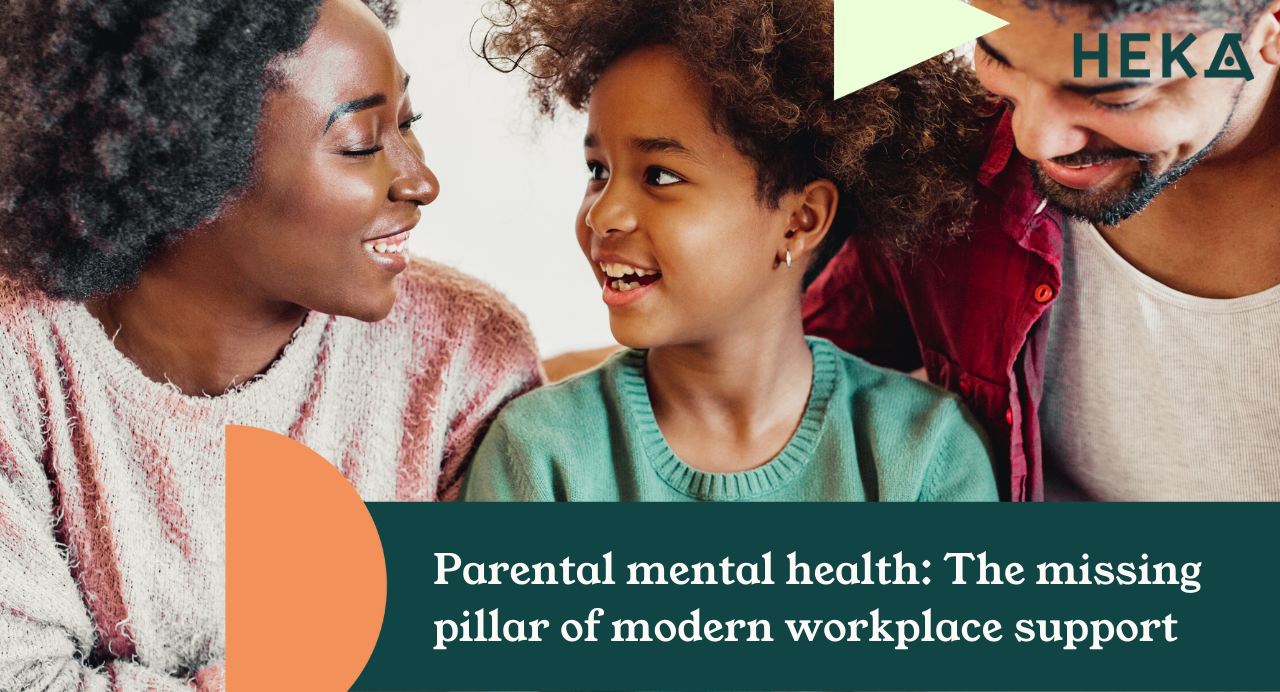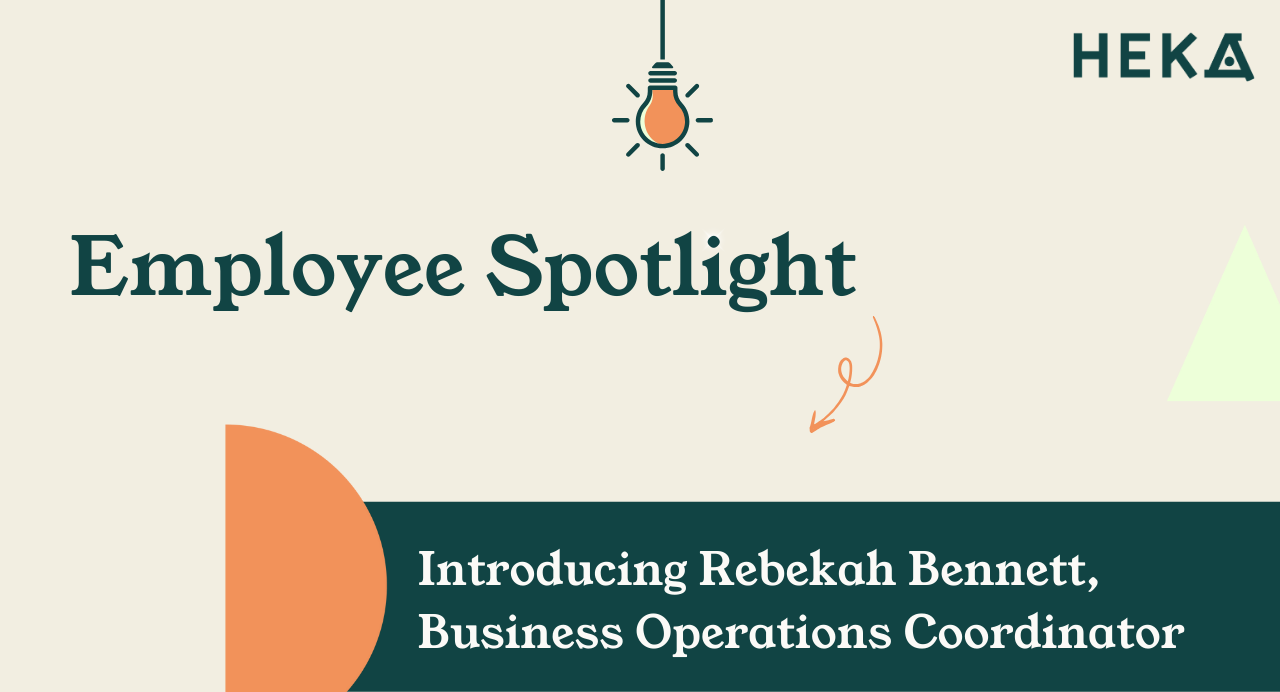A quick summary:
Neurodiversity has finally made it into everyday conversation - and that’s a really good thing. More adults than ever are discovering they’re neurodivergent, often being diagnosed with ADHD, autism, or other conditions later in life. And as they start to better understand their own minds, they’re asking for the support they need to thrive at work.
The truth is, neurodivergent employees bring so much value - creativity, hyperfocus, fresh perspectives - but only when workplaces are designed to support them. It’s not just about awareness anymore; it’s about taking action.
Awareness is great. Action is better.
Our 2026 trends report shows a 600% increase in adults seeking ADHD and autism diagnoses since 2022. That’s a huge shift. But here’s the problem - 40% of businesses still aren’t prioritising neuroinclusion, which means thousands of adults who understand their own needs, being forced into workplaces that don’t suit them
And that matters. When people feel they have to “mask” their traits - pretending to be more “neurotypical” just to get through meetings or meet expectations - it leads to burnout, anxiety, and a drop in performance.
We can do better than that.
The wellbeing connection
Neurodiversity doesn’t exist in isolation. Heka’s research shows that 31% of women with ADHD also experience premenstrual dysphoric disorder (PMDD), which can make focus, energy and mood incredibly hard to manage. Supporting neurodiverse teams isn’t just about one condition or label - it’s about recognising the whole person and tailoring employee wellbeing support around their needs.
That means flexibility really matters. Things like adjusted working hours, remote options, or extra breaks can make a world of difference. The same goes for movement and exercise - not everyone feels comfortable or energised in a busy gym, so offering a variety of fitness options, personal training, or even online workouts gives people real choice.
Let’s not forget financial wellbeing
Money stress hits hard for neurodivergent employees too. The so-called “ADHD tax” costs individuals an estimated £1,600 a year through late payments, impulsive spending or organisational challenges. No surprise, then, that 21% of employees say money worries impact their performance at work.
That’s why financial wellbeing should be part of the neurodiversity conversation - whether that’s through flexible pay, financial education, or 1:1 coaching.
How Heka helps make it easier
At Heka, we believe no one should have to mask their way through Monday. That’s why we help every employee access the support that works for them - not just the “typical” options.
Through Heka, employees can explore:
- ADHD and autism assessments via trusted clinical partners like Melios
- ADHD-friendly exercise options such as fitness equipment, yoga, personal training, or online sessions
- 1:1 therapy and coaching focused on neurodiversity
- Sensory and focus tools like fidget toys, earplugs, and relaxation aids
- Nutrition and mental health support that actually fits individual needs
When organisations take neuroinclusion seriously, everyone benefits - not just those who are neurodivergent. More understanding, more flexibility, more trust. And that’s the kind of workplace where people don’t just survive - they thrive.
Don’t just offer benefits; make them count. Heka brings everything together - and makes employee benefits work. Get in touch to simplify your benefits with Heka.






